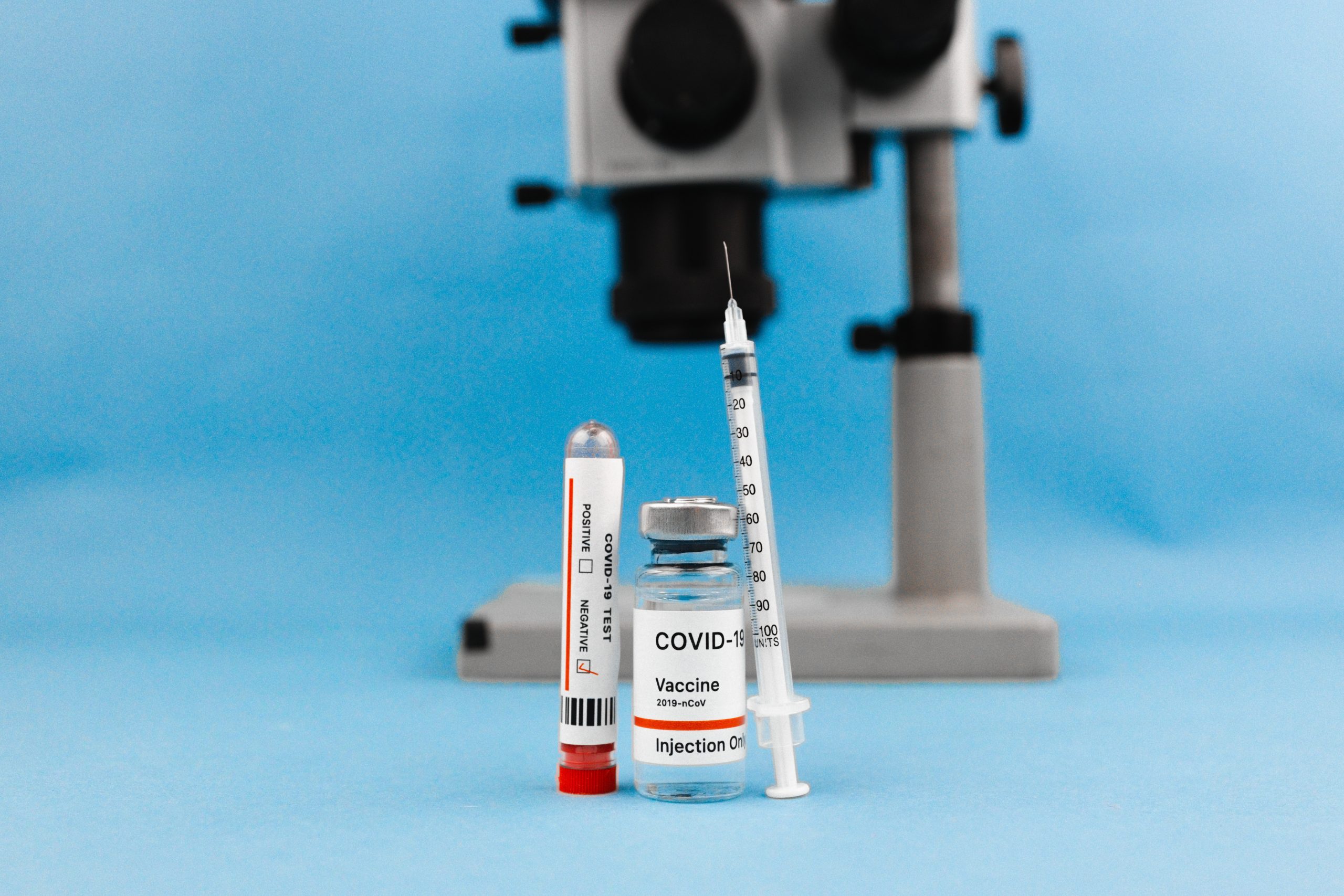By: Dilina Lallani
In response to the COVID-19 Pandemic, countries across the globe have implemented no-fault vaccine compensation programs to provide monetary support to individuals who experienced adverse side effects resulting from vaccine administration.
At the beginning of the year, the World Health Organization developed a no-fault vaccine compensation scheme for 92 low- and middle-income countries and eligible economies to compensate individuals for serious adverse effects from COVID-19 vaccines. The program has the effect of providing a transparent, efficient, and low-cost mechanism to address adverse events while increasing vaccine rollouts and accessibility to vaccines. Similarly, Canada and Quebec have implemented no-fault vaccine compensation programs, Vaccine Injury Support Program and Quebec’s Vaccine Injury Compensation Program respectively to provide financial support to Canadians who experience serious and permanent injuries or death resulting from Health Canada-administered vaccines, including COVID-19 vaccines.
Self-reporting system for adverse events
Ongoing research related to adverse events resulting from COVID-19 vaccines has been essential in monitoring, determining causation between the injury and the vaccine, and compensating individuals for these adverse effects. The CDC’s Vaccine Adverse Event Reporting System (VAERS), Wonder Tool, is a nationally used system that accepts self-reports by the public of adverse effects following US-licensed vaccine administration. The system collects information from the self-reports including the information about the vaccine, characteristics of the individual vaccinated, and the adverse event. The health information within the reports is entered into a database that displays adverse symptoms amongst other variables reported after vaccination and is available for the public to view online. VAERS can be used by the general public or by healthcare professionals to search adverse effects of any vaccine in the database to determine if the adverse event was reported by others, how frequently it was reported, and whether the circumstances surrounding the event were similar. VAERS allows for rapid detection for rare adverse side effects of vaccines that may pose safety issues and that may require further controlled studies to determine the actual risk. The system allows for the CDC and FDA to closely monitor and follow up on serious adverse side effects reported to better understand the circumstances of adverse events following vaccine administration. This Tool also includes COVID-19 vaccine information and has been essential in researching and determining serious side effects of the vaccines and whether the resulting adverse symptoms have a causal connection to the vaccine. This information can be used in determining which adverse events are serious enough to warrant a settlement under no-fault vaccine compensation programs. Limitations in the data produced by VAERS may include inconsistent data quality and completeness; no unvaccinated comparator group, inability to calculate causation between the vaccine and adverse event; and a reporting bias.
To complete a self-report or review available data, please visit: https://wonder.cdc.gov/vaers.html
About MyOpenCourt
The Conflict Analytics Lab is developing a Vaccine Mediator (VM) Tool on MyOpenCourt, a self-reporting tool that allows you to input vaccine information and related adverse events. VM will aid our researchers in generating information about your eligibility for no-fault vaccine compensation schemes.
You may receive email communications from us with remedies for Canada’s vaccine compensation program and next steps in reaching a settlement or mediation. If mediation is required and in cases of severe side effects, a mediator from the Conflict Analytics Lab may contact you to get more information and assist in your case.
The Vaccine Mediator Tool will be launched in early fall 2021.
Disclaimer: The information provided in this response is for general informational purposes only and is not intended to be legal advice. The content provided does not create a legal client relationship, and nothing in this response should be considered as a substitute for professional legal advice. The information is based on general principles of law and may not reflect the most current legal developments or interpretations in your jurisdiction. Laws and regulations vary by jurisdiction, and the application and impact of laws can vary widely based on the specific facts and circumstances involved. You should consult with a qualified legal professional for advice regarding your specific situation.

